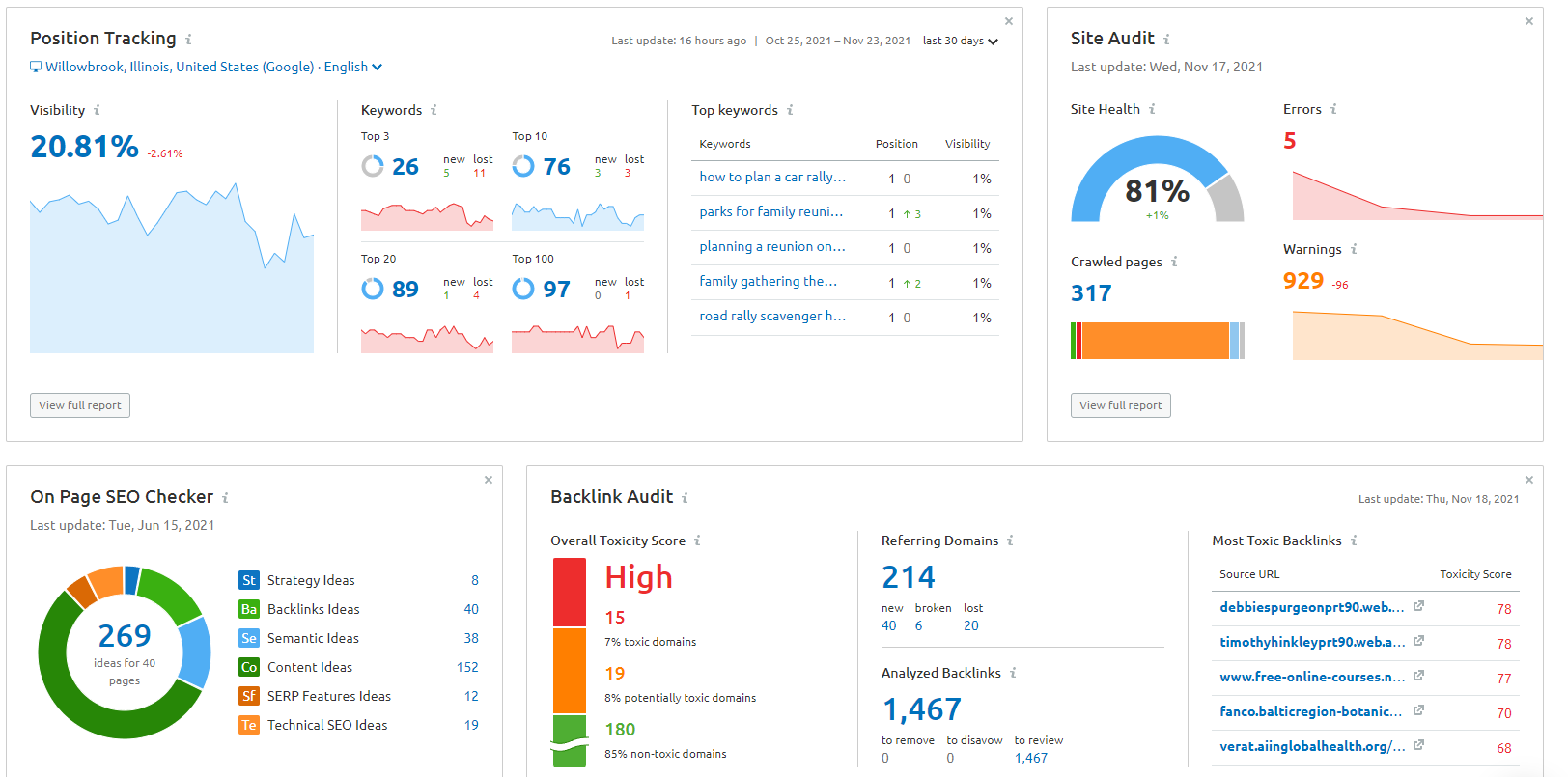Technical SEO involves optimizing the infrastructure of your website to improve crawlability and indexability by search engines
There are several different types of SEO (search engine optimization) and all of them are important for the health, useability, discoverability and profitability of your website. Usually, on-page SEO takes the center stage during discussions, especially when the marketing or editorial teams are involved, as it focuses on optimizing web pages or articles for specific keywords.
Technical SEO involves optimizing the infrastructure of your website to improve crawlability and indexability by search engines. It centers around the behind-the-scenes, technical components of your website.
Why Should You Optimize Your Website Technically?
The goal of search engines is to deliver their users the best possible results for their query. By improving the technical aspects of your website you help search engines understand your site, resulting in higher rankings and more traffic.
Also, many of the items that are optimized during technical SEO result in a better experience for your users, helping guide them to the content you want them to see and perform the actions you want them to take. A poor user experience can result in visitors giving up on your organization and moving over to a competitor.
What Are the Characteristics of a Technically Optimized Website?
A technical SEO site audit looks at over 300 different elements. That level of detail isn’t required here however, so below I briefly discuss six top-level factors that you should be aware of.
1. It’s fast. Many elements affect the speed of your website: your hosting server, optimization of your images, use of page caching or a content delivery network (CDN), unminified CSS, JavaScript and more. Each of these provides an opportunity to increase the speed of your website.
2. It’s crawlable for search engines. Cleaning up the “junk” goes a long way here. Make sure your site is organized in a logical manner, that you have a sitemap and it is submitted to your Google Search Console account. Avoid long, dynamic URLs, fix or remove any broken links, minimize the number of 301 redirects you have and make sure that your robots.txt file is properly set up.
3. It’s secure. Install an SSL certificate on your domain (https), change your default admin login URL to something unique, install security plugins or add-ons to your content management system (CMS) that protect you against suspicious activity. Not only will this protect you against hackers, but site security is a ranking factor in search results, so if your site is not secure, your content may be suppressed.
4. It doesn’t confuse search engines with duplicate content. If you have more than one piece of content about a topic, make sure they are optimized for related, but different keywords. When Google encounters two pieces of content on your site ranking for the same keyword, it will pick the one it feels is better and suppress the other one, regardless of the publish date. If they are too closely related, remove the older piece. If you don’t want to use that, set up a canonical URL that tells search engines which piece they should focus on.
5. It has structured data. Structured data helps search engines understand what the content on your page is about and how to display it. Your CMS should have a plug-in or add-on that allows you to set global and page-specific structured data elements. A standardized list of markup is available on the Schema.org website.
6. It has a mobile-friendly design. Starting in 2020, Google began migrating websites to a mobile-first ranking system. If you don’t have a website theme that is responsive or optimized for mobile users, you are losing traffic, period. Mobile-optimized websites are lighter, with less data-heavy elements, easier to navigate and have page content formatted for a small screen.
How Do I Know if My Site Needs a Technical SEO Audit?
Trust me, it does. Whether your site is new or aging, dozens of pages or thousands, I have never run an audit that has come up perfectly clean.
In regions with growing digital competition—such as many cities across Australia—addressing infrastructure-level SEO challenges becomes even more critical. For example, websites operating in highly competitive local markets like Newcastle often benefit from tailored strategies that align with both the technical requirements of search engines and the behavioural patterns of local users. Businesses that invest in strong technical SEO foundations in Newcastle can see meaningful improvements in visibility, especially when competing with more established domains.
How do you go about performing a technical SEO audit?
Hire a professional. While there are tools out there where you can run your website through a basic technical audit, there is a vast difference between identifying issues and knowing how to properly fix them. If you are not careful, you can make matters worse or even wipe out your whole site.
By Lance Harrell M.S.
Lance Harrell is an SEO & Content Consultant for Premier Travel Media and is owner of Digital Consilience, an agency specializing in search engine optimization and content strategy.






